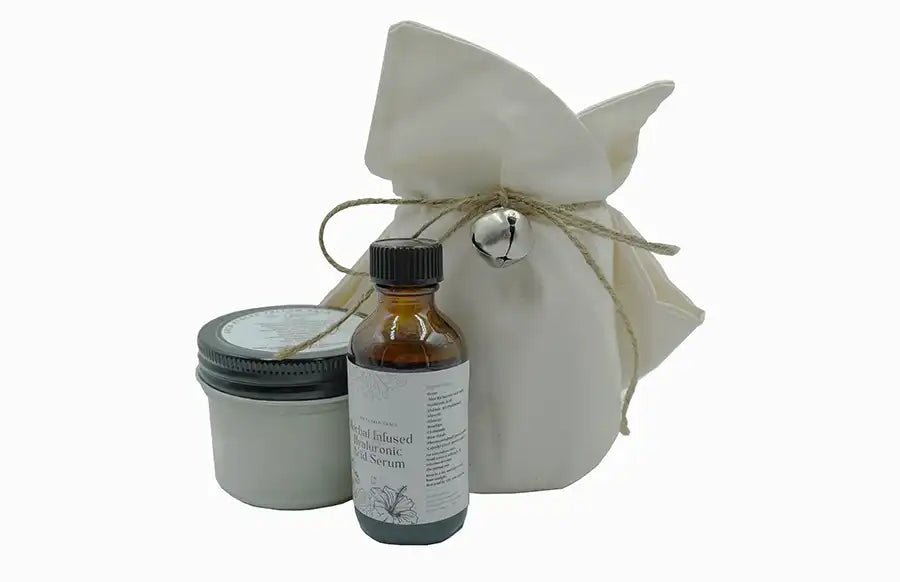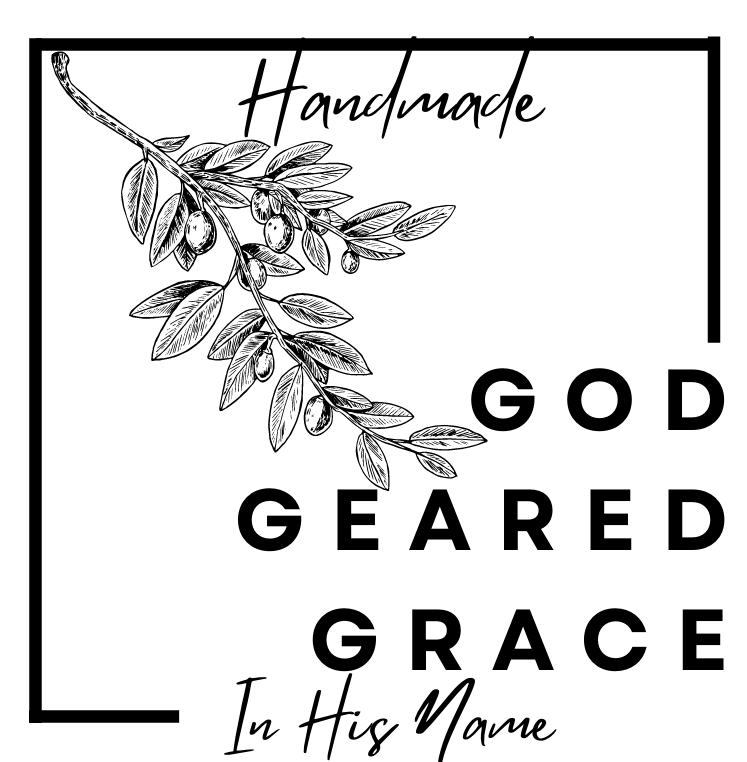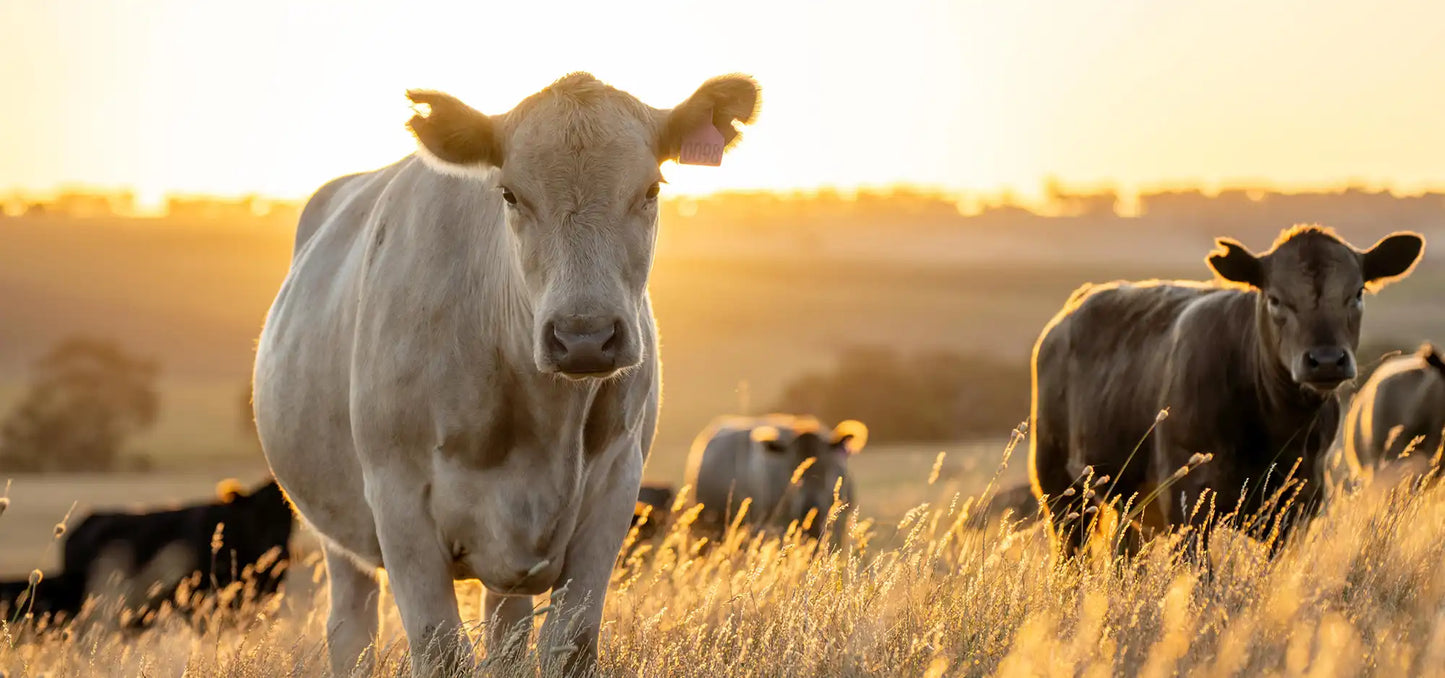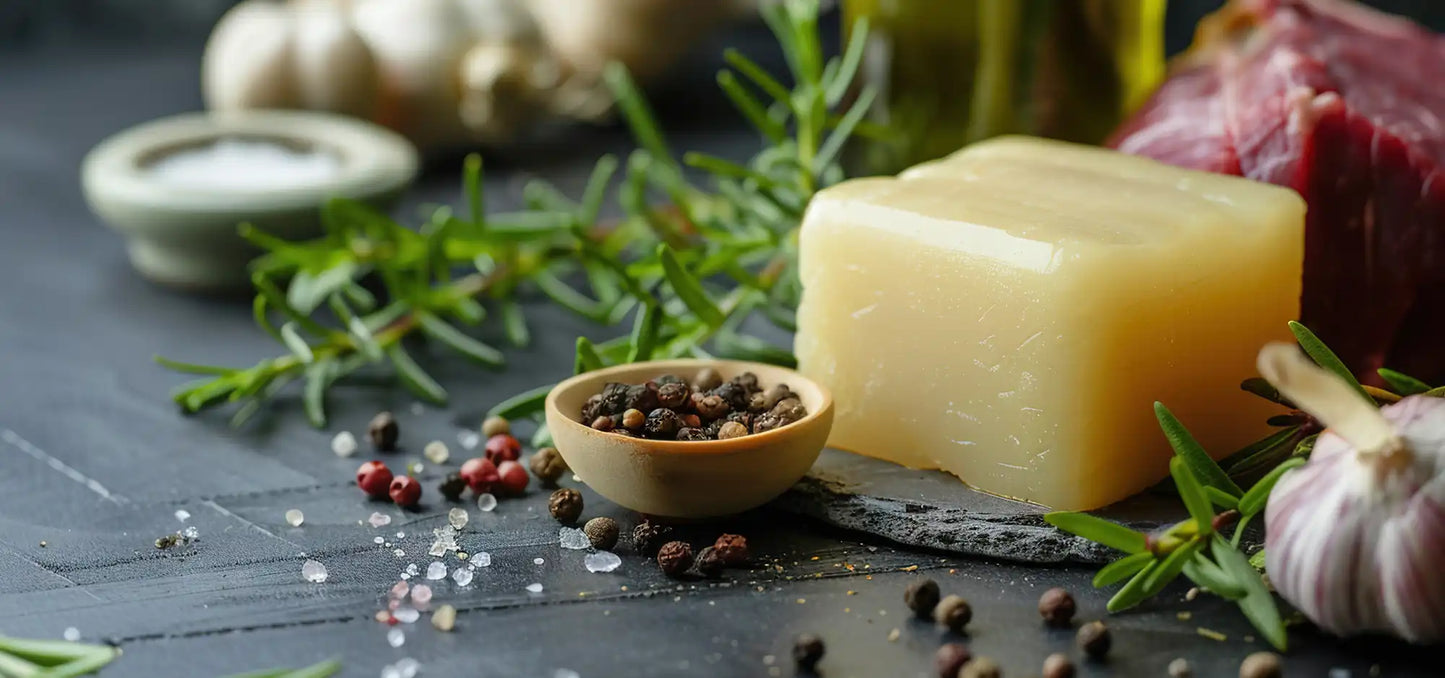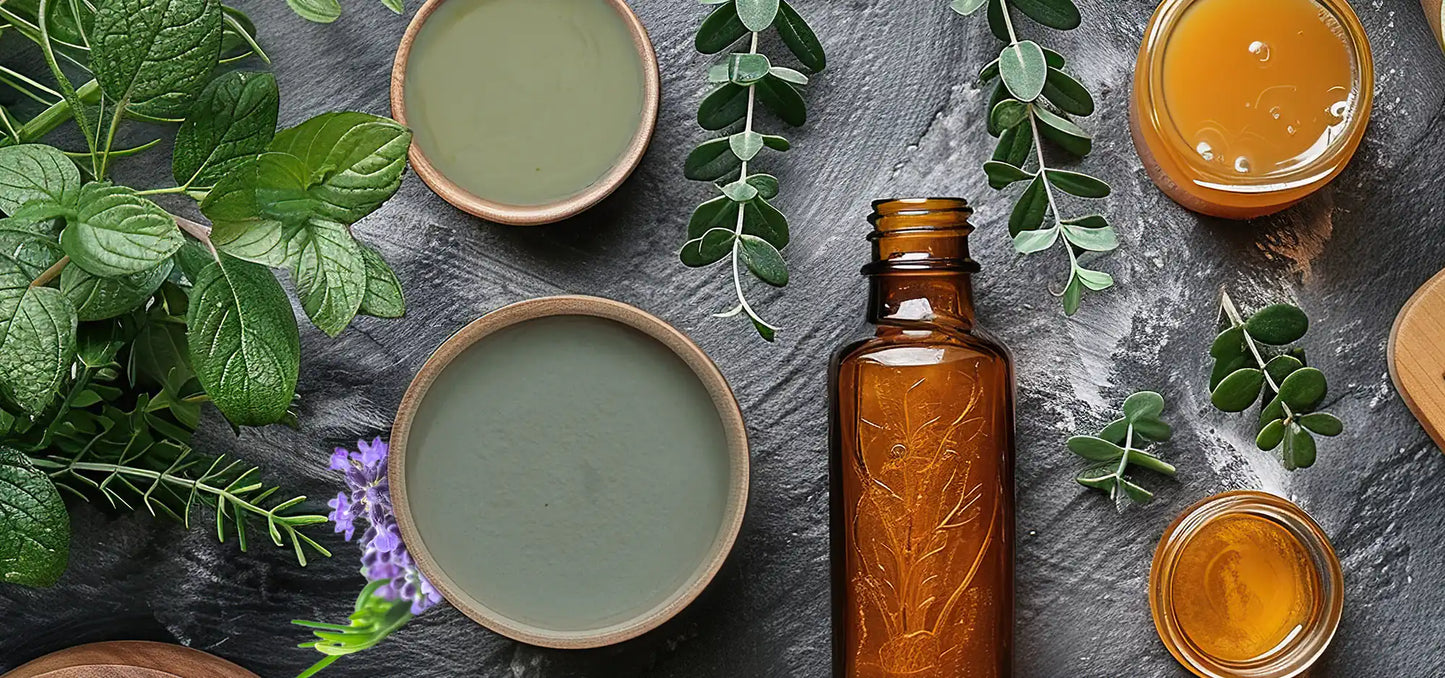
In a world increasingly conscious of sustainability and resourcefulness, the practice of utilizing every part of an animal aligns with both ecological and spiritual values. The cow, a cornerstone of agricultural life for millennia, offers a profound example of how we can respect creation by making the most of what we are given. Among its many gifts is tallow, the rendered fat of beef or mutton, which embodies a commitment to stewardship and gratitude.
Psalm 104:14-17 beautifully illustrates the providence of God through creation:
“He makes grass grow for the cattle, and plants for people to cultivate—
bringing forth food from the earth: wine that gladdens human hearts,
oil to make their faces shine, and bread that sustains their hearts.
The trees of the Lord are well watered, the cedars of Lebanon that he planted.
There the birds make their nests; the stork has its home in the junipers.”
This passage speaks to the abundant provision of God, reminding us to cherish and steward the gifts of the earth responsibly. Utilizing tallow is one way to honor this call by embracing sustainability and creativity.
1. The Spirit of Sustainability
Using every part of the cow reflects a deep respect for the life given and the resources it provides. Traditionally, cultures worldwide have embraced this practice, turning bones into broth, hides into leather, and fat into tallow. By doing so, they avoided waste and maximized nourishment, utility, and craftsmanship.
In today’s world, tallow has regained its place in both kitchens and skincare, symbolizing a return to resourcefulness. It offers us a chance to reconnect with the natural cycles described in Psalm 104, where nothing is wasted, and every element of creation serves a purpose.
2. The Culinary and Nutritional Value of Tallow
Tallow, once a staple in households, is a prime example of turning a byproduct into something nourishing. Its rich, flavorful fat can be used for frying, roasting, or baking. With a high smoke point and stability at high temperatures, it’s a healthier and safer alternative to many modern cooking oils.
Nutritionally, tallow provides essential fats and vitamins, sustaining the human body much like bread and oil mentioned in Psalm 104. It reminds us that even the humble parts of an animal are a gift meant to nourish us.
3. Skincare: “Oil to Make Their Faces Shine”
Tallow is not just for the kitchen. Its use in skincare harkens back to ancient times when people sought natural remedies for skin health. Tallow’s composition closely mirrors the fatty acids in human skin, making it an excellent moisturizer and healer for dry or irritated skin. This aligns beautifully with the phrase, “oil to make their faces shine,” as tallow-based creams and balms can restore and nourish the skin naturally.
4. Environmental Stewardship and Faith
Psalm 104 emphasizes the interconnectedness of creation: cattle grazing on grass, trees offering shelter to birds, and plants cultivated by people. Using tallow contributes to this harmony by reducing waste and promoting sustainability.
When we render tallow from fat that might otherwise be discarded, we participate in the cycle of provision and stewardship. This reflects the wisdom of the psalm, where every part of creation has its role and nothing is taken for granted.
5. Crafting with Tallow: A Nod to Tradition
Tallow has long been used to make candles, soaps, and balms. These traditional crafts have a renewed appeal in an era seeking natural and biodegradable alternatives to synthetic products. Tallow candles, for example, provide warm, steady light reminiscent of simpler times, while tallow soaps nourish the skin without harmful chemicals.
These applications celebrate the cow’s gifts while encouraging self-reliance and sustainability—qualities deeply rooted in faith-based living.
A Holistic Perspective on God’s Provision
Psalm 104:14-17 reminds us that all of creation reflects God’s abundant care and wisdom. By utilizing every part of a cow, including tallow, we embody a reverence for the resources entrusted to us. This practice not only reduces waste but also fosters gratitude and mindfulness in daily life.
As we render fat into tallow, craft soaps, or prepare nourishing meals, we can meditate on the interconnectedness of life and our role as stewards of God’s creation. In doing so, we live out the psalm’s call to recognize and honor the abundance around us, ensuring that nothing is wasted and everything serves its purpose.
